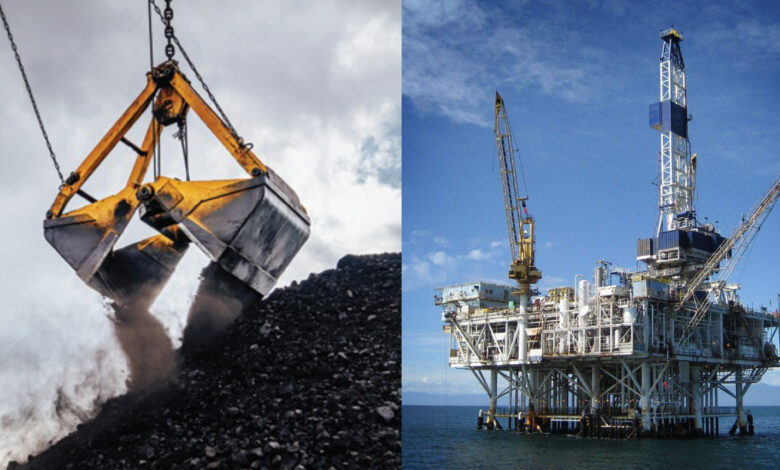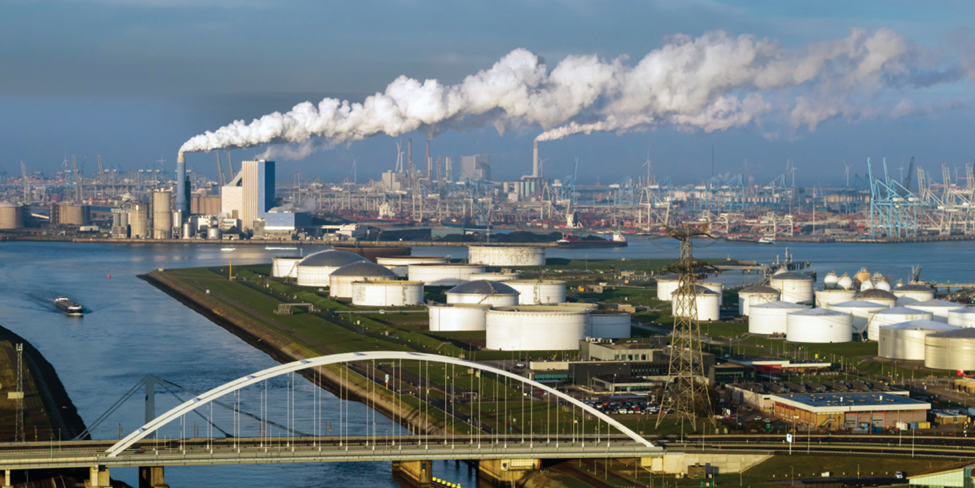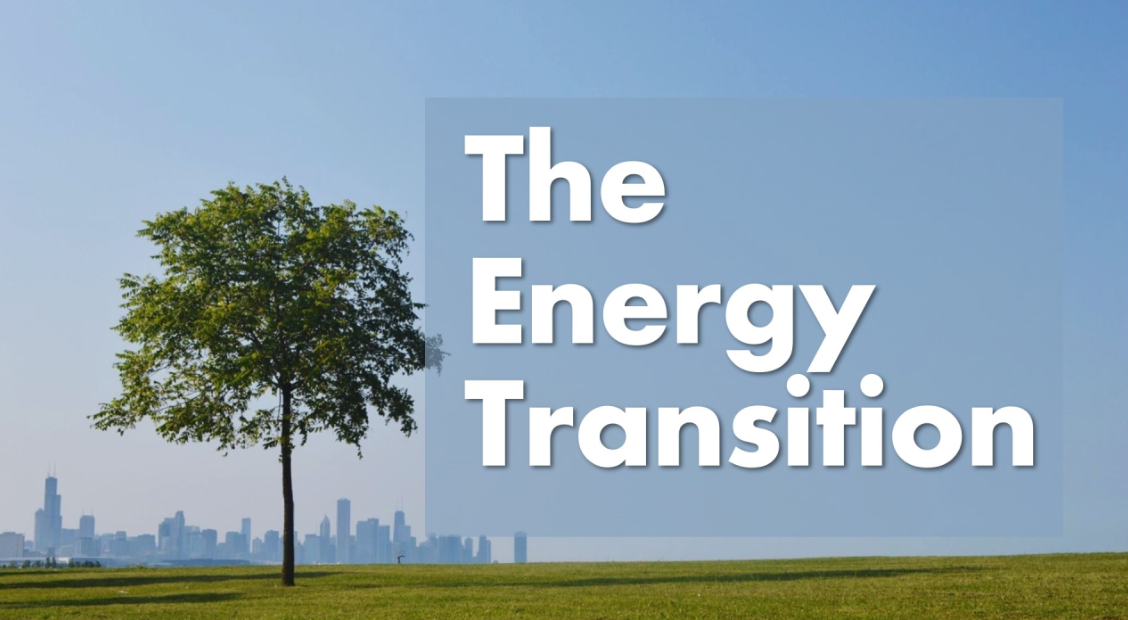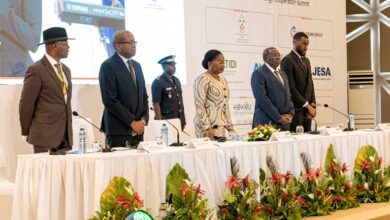World on Dangerous Fossil Fuel Path as Production Plans Far Exceed Paris Climate Targets

Ten years after the Paris Agreement, governments are veering further off track. The 2025 Production Gap Report reveals that by 2030, countries plan to produce more than double the fossil fuels consistent with limiting global warming to 1.5°C. This worsening trend directly undermines climate pledges and poses severe economic risks, especially for vulnerable economies in Africa.
The Widening Gap and Its Costs
The fifth edition of the report, peer-reviewed by more than 50 global experts, highlights the persistent misalignment between climate targets and fossil fuel production. Governments’ collective plans are now 120 percent above the levels needed for a 1.5°C pathway and 77 percent above the 2°C pathway.
Beyond the environmental crisis, this production gap carries economic consequences. Rising emissions drive climate disasters such as floods, droughts, and heatwaves, that damage infrastructure, reduce agricultural yields, and disrupt trade. For developing economies, adaptation costs eat into already tight budgets, limiting investments in health, education, and job creation.

Coal, Oil, and Gas Expansion Defies Paris Goals
Despite scientific consensus on the need for rapid decline, coal production in 2030 is projected to be 500 percent higher than Paris-aligned levels, oil 31 percent higher, and gas 92 percent higher.
These plans not only endanger global climate targets but also create risks for global energy markets. Heavy reliance on fossil fuels leaves economies vulnerable to volatile commodity prices, stranded assets, and rising insurance costs for climate-related damages.
Africa’s High Stakes
For Africa, the stakes are enormous. Although the continent contributes the least to global emissions, it is among the most exposed to climate shocks. In Ghana, climate-driven flooding has already disrupted urban economies, while erratic rainfall threatens cocoa and agriculture, key pillars of the economy.
The report’s warning is timely for African policymakers: global inaction amplifies local vulnerabilities. If major producers do not scale back, the costs of adaptation and recovery will rise, draining fiscal resources and crowding out development priorities. Ghana, for example, is already battling rising debt and costly energy subsidies. Redirecting billions spent on covering losses in the energy sector could instead finance resilience projects, health, and infrastructure.
The Energy Transition and Economic Choices
The findings intensify pressure on governments, including those in Africa, to accelerate energy transition strategies. For Ghana, debates continue over balancing oil exploration with renewable energy investment under the updated Renewable Energy Masterplan. Experts say aligning with global green finance opportunities—such as carbon credits, debt-for-climate swaps, and renewable partnerships could unlock new revenue streams while cutting exposure to fossil fuel volatility.

The World Bank has also urged Ghana to push through reforms in energy and cocoa, sectors burdened by inefficiencies and debt. Without bold restructuring, fiscal pressures will worsen, especially as global shocks intensify. The Production Gap Report reinforces this warning: failure to transition leaves Ghana vulnerable both environmentally and economically.
At the same time, the report stresses that countries submitting their next round of climate commitments must integrate plans to phase down fossil fuel production. Without such alignment, investments in renewable energy, technology, and resilient infrastructure may be undermined by continued global emissions.
The Path Forward: Climate and Economy Intertwined
The 2025 Production Gap Report is not just a climate wake-up call—it is an economic red flag. Expanding fossil fuel production threatens global financial stability, risks stranded investments, and leaves vulnerable countries bearing the cost of others’ inaction.
For Ghana, the lesson is clear: pursuing renewable energy investments, scaling up urban greening initiatives, and leveraging mechanisms like carbon credits will be vital for protecting growth. The government’s flagship 24-Hour Economy agenda, alongside the Big Push infrastructure plan, could draw strength from aligning with climate financing opportunities and sustainable energy development.
The next decade, the report concludes, is decisive. Without bold choices, the world risks not only climate catastrophe but also economic instability on a scale unseen in modern history. For Ghana and other African nations, the path forward must blend ambition with pragmatism—leveraging global climate finance while ensuring local reforms deliver resilience, jobs, and inclusive growth.




